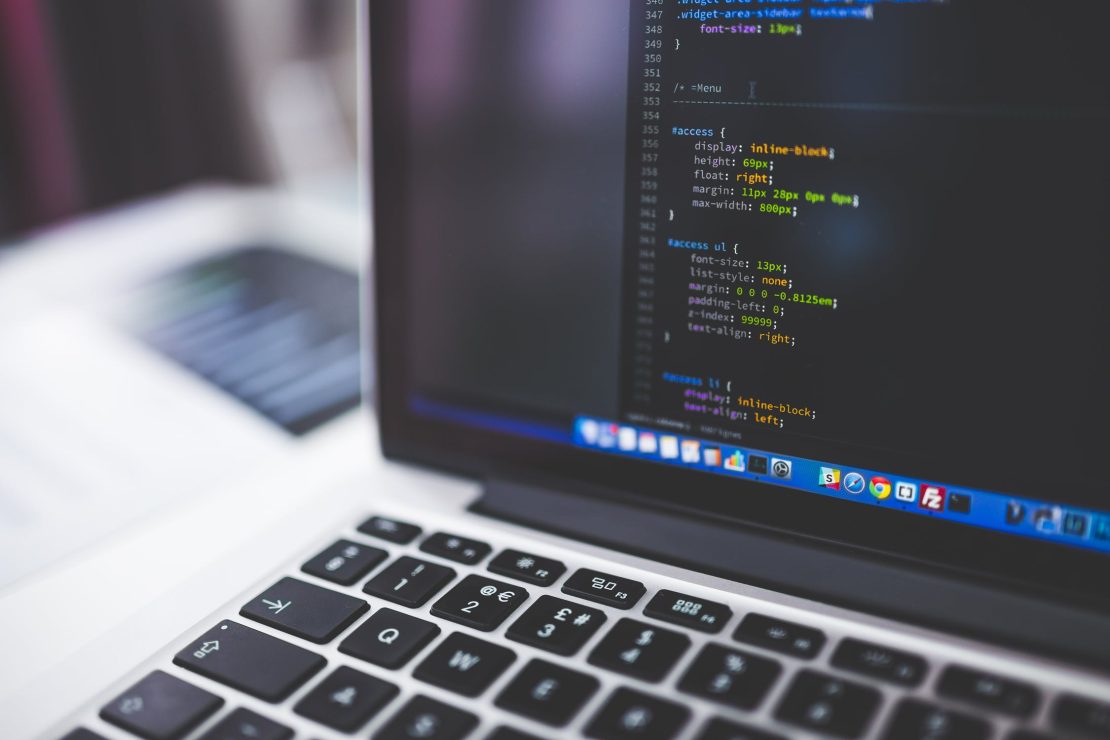
Are you a Laravel developer looking to host your application on a shared hosting platform? While shared hosting may seem like a convenient and cost-effective solution, it comes with its own set of security challenges. In this blog post, we will explore the risks associated with running Laravel applications on shared hosting and provide you with best practices for securing your application effectively. So grab your coffee and let’s dive into the world of securing Laravel on shared hosting!
Understanding Shared Hosting
Shared hosting is a type of web hosting where multiple websites share resources on the same server. This means that your Laravel application will not have dedicated resources but will instead compete with other sites for bandwidth and processing power.
In a shared hosting environment, security measures are in place to isolate each website from one another to prevent cross-site contamination. However, vulnerabilities in one site can potentially affect others on the same server.
Shared hosting is often chosen for its affordability and ease of use, making it popular among small businesses and individuals looking to host their websites without technical expertise. It’s important to understand the limitations of shared hosting when it comes to performance and security for running complex applications like Laravel.
Risks of Using Shared Hosting for Laravel Applications
When hosting a Laravel application on a shared server, there are inherent risks that developers need to be aware of. One of the main concerns is the potential for security vulnerabilities due to multiple users sharing the same server environment. This creates a higher risk of data breaches and unauthorized access to sensitive information.
Shared hosting also limits the control you have over server configurations, making it challenging to implement advanced security measures specific to Laravel applications. Additionally, performance issues may arise as other websites on the same server compete for resources, leading to slower loading times and decreased user experience.
Since shared hosting environments are managed by third-party providers, there is limited visibility into server maintenance and updates. This can result in outdated software versions with known security flaws, putting your Laravel application at risk of exploitation by malicious actors.
Best Practices for Securing Laravel on Shared Hosting
When it comes to securing your Laravel application on a shared hosting environment, there are several best practices that can help keep your website safe from potential threats. One essential practice is to ensure that your Laravel version is always up-to-date. Regularly updating Laravel helps in patching any security vulnerabilities and ensures that you are using the latest security features.
Another important aspect of securing your Laravel application is implementing strong authentication mechanisms. Utilizing tools like two-factor authentication can add an extra layer of security to prevent unauthorized access. It’s also crucial to configure proper file permissions for your directories and files to restrict access only to authorized users.
Utilizing HTTPS encryption with an SSL certificate is vital for protecting data transmitted between the user’s browser and the server. This helps in safeguarding sensitive information such as login credentials or payment details from being intercepted by malicious actors.
Regularly monitoring logs and audit trails can also help in detecting any unusual activities or potential security breaches. By staying proactive and implementing these best practices, you can enhance the overall security of your Laravel application on shared hosting.
Utilizing Security Plugins and Tools
When it comes to securing Laravel applications on shared hosting, utilizing security plugins and tools can be a game-changer. These tools offer an extra layer of protection against common threats like SQL injection, cross-site scripting, and brute force attacks.
One popular option is the Laravel Security package, which provides features such as auto-escaping output, CSRF protection, and secure authentication mechanisms. Additionally, tools like Laravel Debugbar can help identify vulnerabilities in your code during development.
Another essential tool is the use of SSL certificates to encrypt data transmitted between users and your application. This helps prevent eavesdropping and man-in-the-middle attacks.
Regularly scanning your code with security plugins like SensioLabs Security Checker can also help you stay proactive in identifying potential security risks before they become exploitable vulnerabilities. By incorporating these tools into your workflow, you can significantly enhance the security posture of your Laravel application on shared hosting.
Regular Updates and Backups
Regular updates and backups are crucial for maintaining the security of your Laravel application on shared hosting. By regularly updating your Laravel framework, dependencies, and plugins, you can ensure that any vulnerabilities are patched promptly. This reduces the risk of potential attacks or breaches.
Backups are like a safety net for your website. In case something goes wrong, having recent backups allows you to restore your site to a previous state quickly. Make sure to schedule automatic backups regularly to avoid losing important data.
Consider utilizing tools or services that automate the update and backup process for your Laravel application. This saves time and ensures that these essential tasks are not overlooked amidst other responsibilities.
Incorporating a solid update and backup strategy into your maintenance routine can significantly enhance the security of your Laravel application on shared hosting. Stay proactive in safeguarding your website against potential threats by making regular updates and backups a priority.
Conclusion
By following the best practices and utilizing security plugins, tools, regular updates, and backups, you can significantly enhance the security of your Laravel application on shared hosting. Remember that securing your application is an ongoing process that requires vigilance and attention to detail.
Stay informed about the latest security threats and continue implementing measures to protect your data and users. With a proactive approach to security, you can minimize risks and ensure a safe environment for your Laravel application on shared hosting.